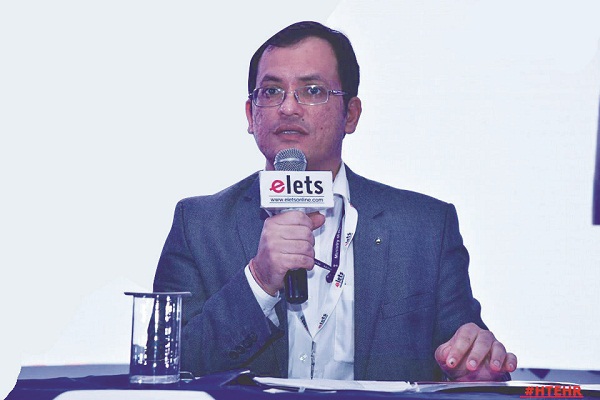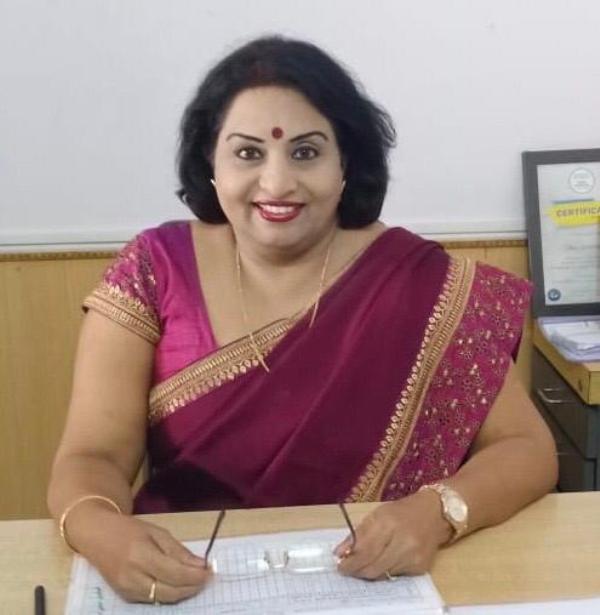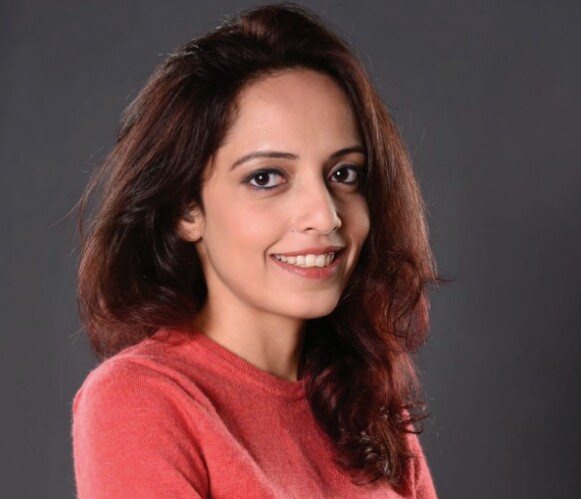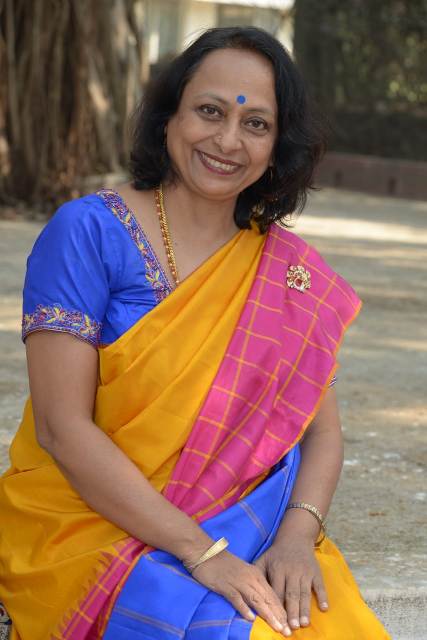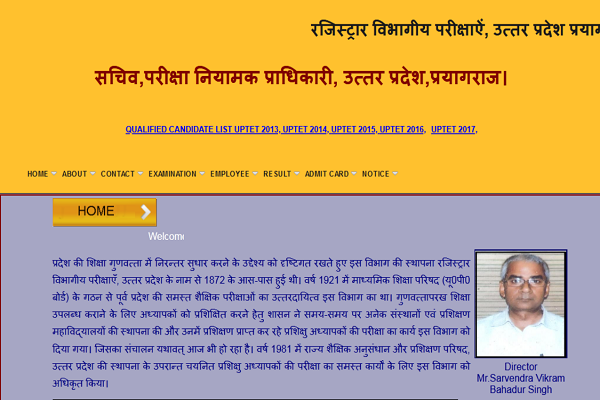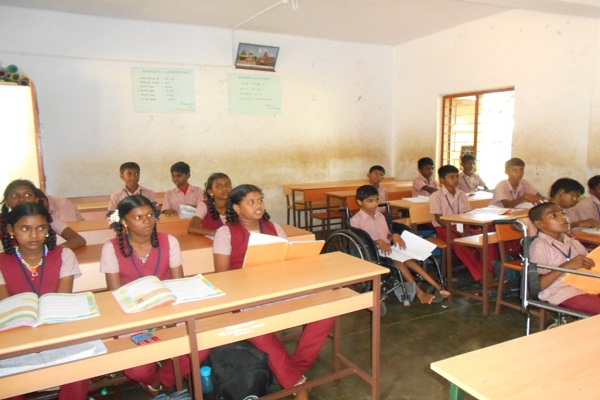These are the challenging times indeed…for the dynamic stake holders like students, teachers and parents for the widespread COVID-19. The new epidemic has led to large scale school closures in India falling short of 20 working days. It has affected the whole education system as we don’t have ONE NATION–ONE CURRICULUM.
The recent survey has found that although 26% of the respondents are excited to spend this time with friends and family, almost 34% of students are bored at home during the break and 19% are worried.
In this context, I strongly feel we are not equipped to have online though numerous schools in the country. Even many have tied up with ed-tech platforms to offer online learning to students and majority of them have not made such associations yet.
We are expecting more schools and teachers to follow this path and introduce online learning.
To handle this situation we have come up with few initiatives like a timetable which much includes the life skills activities as this is the precious time and the better opportunity for the parents to inculcate moral values, few suggestions from our end :
WAH –in holidays (work at home )
1. Help child to arrange their books and clothes neatly in a clearly assigned space
2. Create a home timetable with half an hour for written work (for primary students)
3. One hour for handwork (drawing, painting creative work) one hour total for household chores (watering plants getting lunch, cleaning our desk ,cleaning tables )
4. Fix time off reading with parents –suggested to read more of freedom fighters
5. Plan a routine play time with children to enhance bonding (carom, Indian games astha chamma memory games)
6. No TV during school hours. Keep a strict set time table
7. Preparing snacks for parents –to develop culinary art skills
The above info is shared for the parents on our school website and Facebook page.
To meet the academic content with the help of WHATSAPP we have class groups, all the subject teachers and the students are the part of group and sharing the academic content. The content is shared in the form of editable worksheets and to teach for the concepts using GOOGLE CLASSROOMS , HANGOUTS and YOUTUBE videos. As we are affiliated to CBSE BOARD the dynamic board has taken few DIGITAL LEARNING INITATIVES which we are sharing and following with students like
1. DIKSHA – APP has more than 80,000 e-books FOR CLASSES 1 TO 12 for all subjects created by CBSE, NCERT and is available in multiple languages
website : https://diksha.gov.in
2.e-PATHSHALA – In this web portal NCERT has developed 1886 audios ,2000 videos 696 E-BOOKS and 504 flip books for classes I to XII In different languages website : http ://epathshala.nic.in
3. SWAYAM –national online learning platform hosting 1900 courses covering both school (classes XI and XII ) and to the graduate and postgraduates www. Swayam.gov.in
4. SWAYAM PRABHA has 32 DTH TV channels transmitting contents on 24×7 basis. www.swayamprabha.gov.in.
(Ameer Khan, Principal, CMR International School, Suraram)







